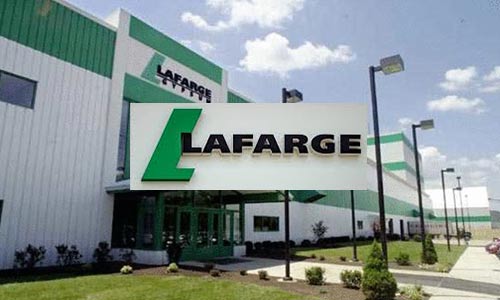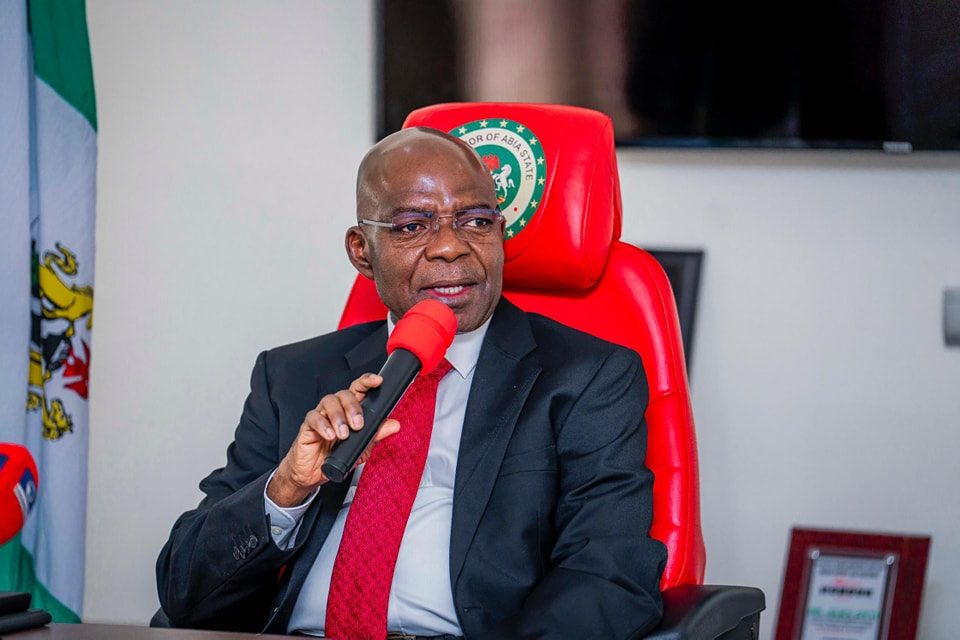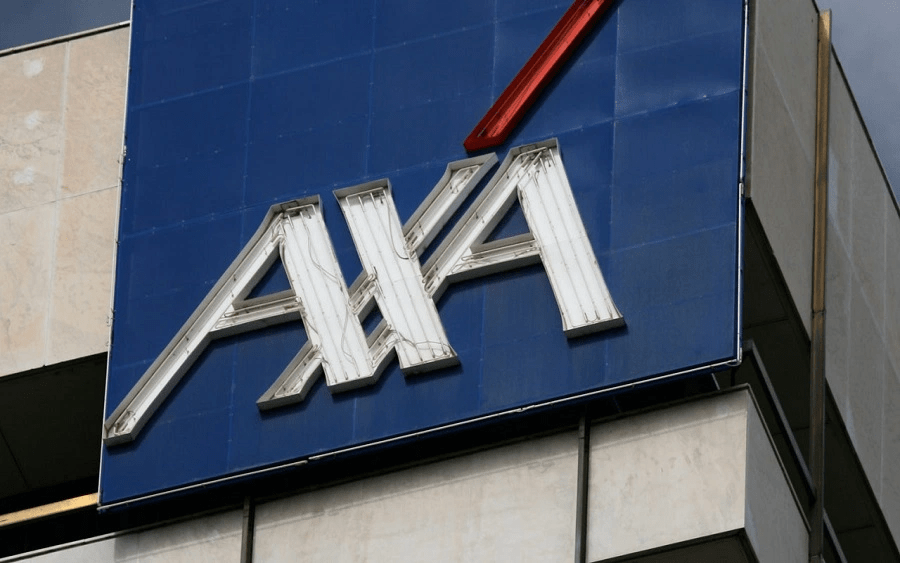Sunday Aborisade in Abuja
The Senate has renewed its push for stricter compliance, transparency, and accountability in Nigeria’s public procurement process, warning the nation cannot afford leakages and inefficiencies in government spending.
Chairman of the Senate Committee on Public Procurement, Senator Olajide Ipinsagba (APC, Ondo North), made this known on Thursday at the opening ceremony of a two-day retreat organised for members of the committee in Abuja by LeadBold Resource Consulting.
Ipinsagba stressed that public procurement must be transformed into a tool for effective governance and national development, ensuring that every naira spent by the government translates into tangible, verifiable results.
Ipinsagba said, “Public procurement is not merely a technical or administrative activity; it is the mechanism through which government policies are transformed into tangible services, infrastructure, and development outcomes.
“It accounts for a significant proportion of national expenditure and therefore demands the highest standards of integrity, efficiency, and accountability.”
The lawmaker noted that while the Public Procurement Act of 2007 and the establishment of the Bureau of Public Procurement (BPP) were major milestones in Nigeria’s effort to institutionalize transparency, more reforms are needed to strengthen oversight and ensure compliance.
He said, “Public procurement is not a one-time event; it is a continuous process of evolution, adaptation, and learning.
“The Senate Committee on Public Procurement remains committed to legislative oversight, policy advocacy, and institutional reforms that will enhance integrity and compliance in the system.”
He pledged the Senate would intensify efforts to align Nigeria’s procurement processes with global best practices and modern innovations in order to deliver better infrastructure, quality education, safer roads, and improved healthcare in line with President Bola Tinubu’s Renewed Hope Agenda.
“By aligning our practices with international standards and embracing innovation, we can ensure that every naira spent translates into better schools, safer roads, improved healthcare, and a more prosperous nation,” Ipinsagba said.
Earlier, the Chief Executive Officer of LeadBold Resource Consulting, Barrister Kelechi Kingsley, said the retreat was designed to enhance the strategic leadership capacity of the Senate Committee on Public Procurement to effectively drive oversight, transparency, accountability, and compliance across all sectors of government expenditure.
According to her, “The retreat seeks to expose participants to global regulations, international best practices, and practical frameworks that will strengthen institutional integrity, ensure value for money in public expenditure, and advance national development objectives through sound procurement governance.”
Nigeria’s public procurement process, despite reforms introduced over the past decade, continues to face challenges of inflated contracts, poor project delivery, and weak oversight mechanisms.
The Senate’s latest intervention is aimed at tightening loopholes in the system and ensuring that capital projects across the country reflect actual budgetary commitments.
With the renewed legislative attention, observers say the upper chamber is positioning itself to play a more proactive role in ensuring that Nigeria’s procurement regime delivers the transparency and efficiency critical to achieving sustainable national development.




